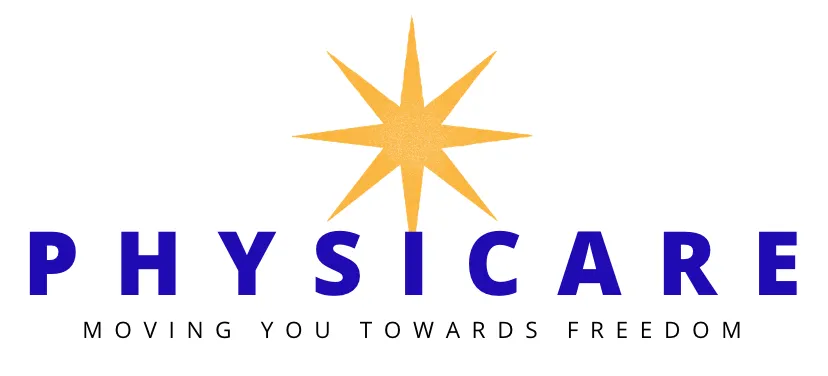Quality Physiotherapy Rehabilitation in Comfort
Getting you back on track
Rehabilitation is a journey of regaining confident and independent movement.
At PHYSICARE, our north star is delivering excellent patient care and on patient's goals. We help patients to move well and therefore, live well. Movement is Life!

Tammie Quai
Tammie graduated with a degree in Physiotherapy with Class 1 Honours from the University of Queensland in 2001. She was mentored by esteemed Physiotherapy researcher and Head of School Professor Sandra Brauer and Dr Jennifer Nitz. Together they published a research paper on balance in elderly dysvascular amputees. For this research, she also won the most meritorious prize in the field of Gerontology for 2001 from the School of Health and Rehabilitation Sciences, University of Queensland.
Along with clinical training in the acute and rehabilitation departments of the large metropolitan hospitals in Brisbane, Australia, she also held a conjoint position as a research assistant to Professor Sandra Brauer. In this position, she helped collect data and conduct Physiotherapy research in the Physiotherapy Department of the Princess Alexandra Hospital in Brisbane Australia. In 2005, she also explored the molecular process of muscle wasting using Bioinformatics and was conferred a Graduate Certificate from the School of Molecular Sciences, University of Queensland.
Tammie continued to deepen her clinical training in the UK where she worked for the NHS in Northern Ireland, Manchester and London. During this time she also obtained an APPI Advanced Certificate in Rehabilitation Pilates. She moved back to Singapore in 2009 and started her private practice in 2010. She has been privileged to be invited to treat Kylie Minogue's performers when they were in Singapore and be flown to various cities in Asia to care for patients. Physicare was incorporated in 2022 to advance her aspiration of helping patients access quality physiotherapy rehabilitation in Singapore.
Celebrating our Patients
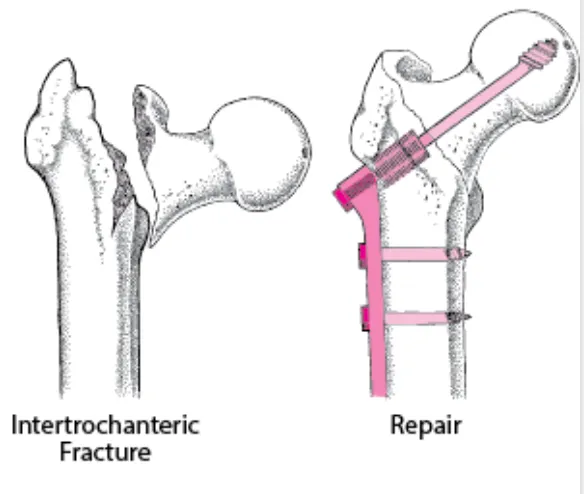
Hip Fracture Surgery
MN is a 90 year old gent who is actively involved with global philanthropy. He had slipped in the bathroom and broke his hip. He was flown to Singapore for surgery. He was referred by his surgeon after being discharged from acute care with a hopper frame. He was seen daily at his hotel. His goals were to be able to walk with a stick and board planes. He was discharged 6 weeks later walking short distance without a stick, long distances with a stick and was able to board the plane to attend the G20.

Chronic Back Pain
HB is a busy 40 year old working mother who had on and off back pain for about 8 years. She is otherwise fit and healthy and exercised regularly. The pain was starting to increase and affected how long she could comfortably sit. We assessed her back to determine the root cause of her pain, performed dry needling and taught her suitable rehabilitative exercises. Because she was so motivated and compliant with her exercises, she was able to work pain free within 3 sessions.
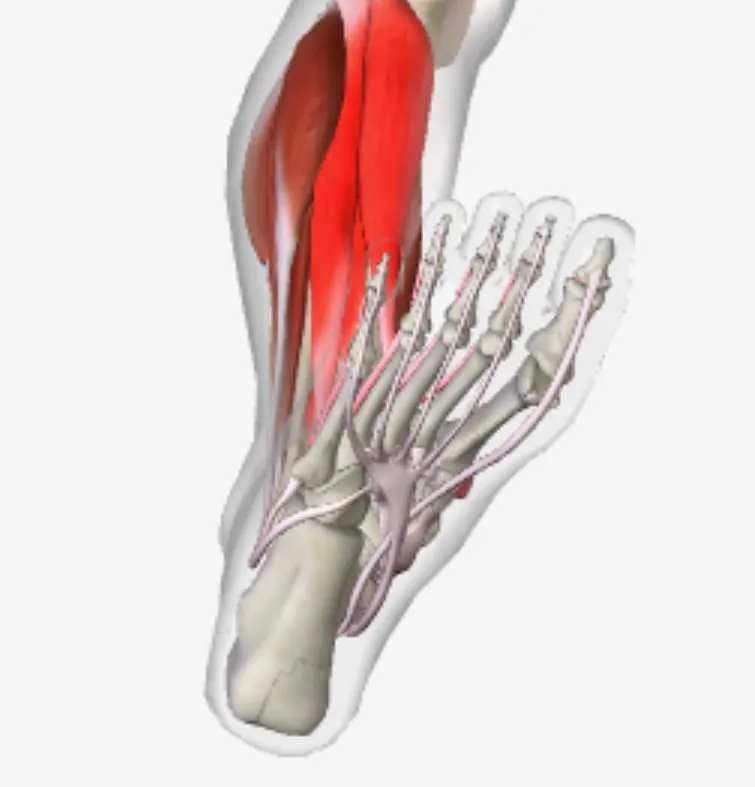
Foot Surgery
KM is a 60 year old lady who had sprained her foot some years back and had sought multiple remedies without respite from pain. Because her foot pain had gradually increased, she had started limping and had gone to see an orthopaedic surgeon and was referred by the surgeon after minor surgery. After a thorough assessment of her presenting history, we assessed her biomechanics and she was given manual therapy and therapeutic exercises. She was able to walk pain free within 2 weeks.

Chronic Neck Pain
AB is a 40 year old mother who had long standing neck pain and stiffness. She wanted help as the pain was starting to affect her sleep. She was referred by her friend, a previous patient. After a thorough assessment of her presenting history and symptoms, we developed a working hypothesis of why she was getting pain. She was treated with manual therapy, dry needling and therapeutic exercises. She regained normal neck movement and the ability to sleep comfortably after 4 sessions.
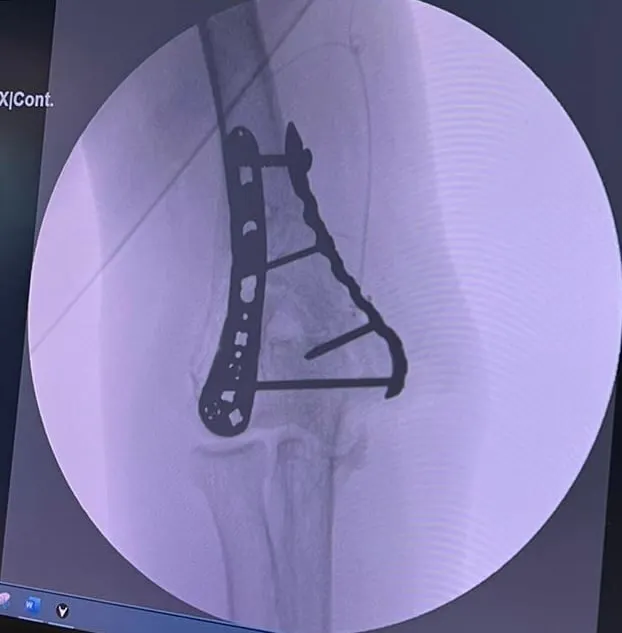
Elbow Fracture Surgery
NV is a 70 year old active and healthy grandma who had her elbow accidentally caught in an electric sliding gate. This resulted in an elbow fracture and nerve injury. The nerve and elbow was repaired by her orthopaedic surgeon who referred her after discharge. Her elbow was initially stiff and painful. With consistent and gentle progressive therapy which respected the fracture healing process, she was able to regain the ability to fully bend and straighten her elbow in 4 months.

Patellar Tendon Surgery
YP is a 50 year old gent whose bicycle had collided with a car. He required surgery to reattach his patellar tendon and was referred by his surgeon. Due to an old wound, he had preexisting quadriceps weakness. They were atrophied with myofascial scarring and his knee kept giving way while he was walking. With consistent therapy and dedication to his home programme, he was eventually able to develop control of the affected knee to be able to walk normally and go up/down stairs.

Acute Back Pain
GH is an active lady in her 40s who loves to lift weights and dance socially. She had started a new dance genre the day before and woke up the next day with acute back pain. She was referred by a previous patient and was seen on the same day at home. She was thoroughly assessed and was treated with manual therapy, taping and was given a specific set of exercises. She woke up the next day pain free and went back to to lifting weights and dancing.
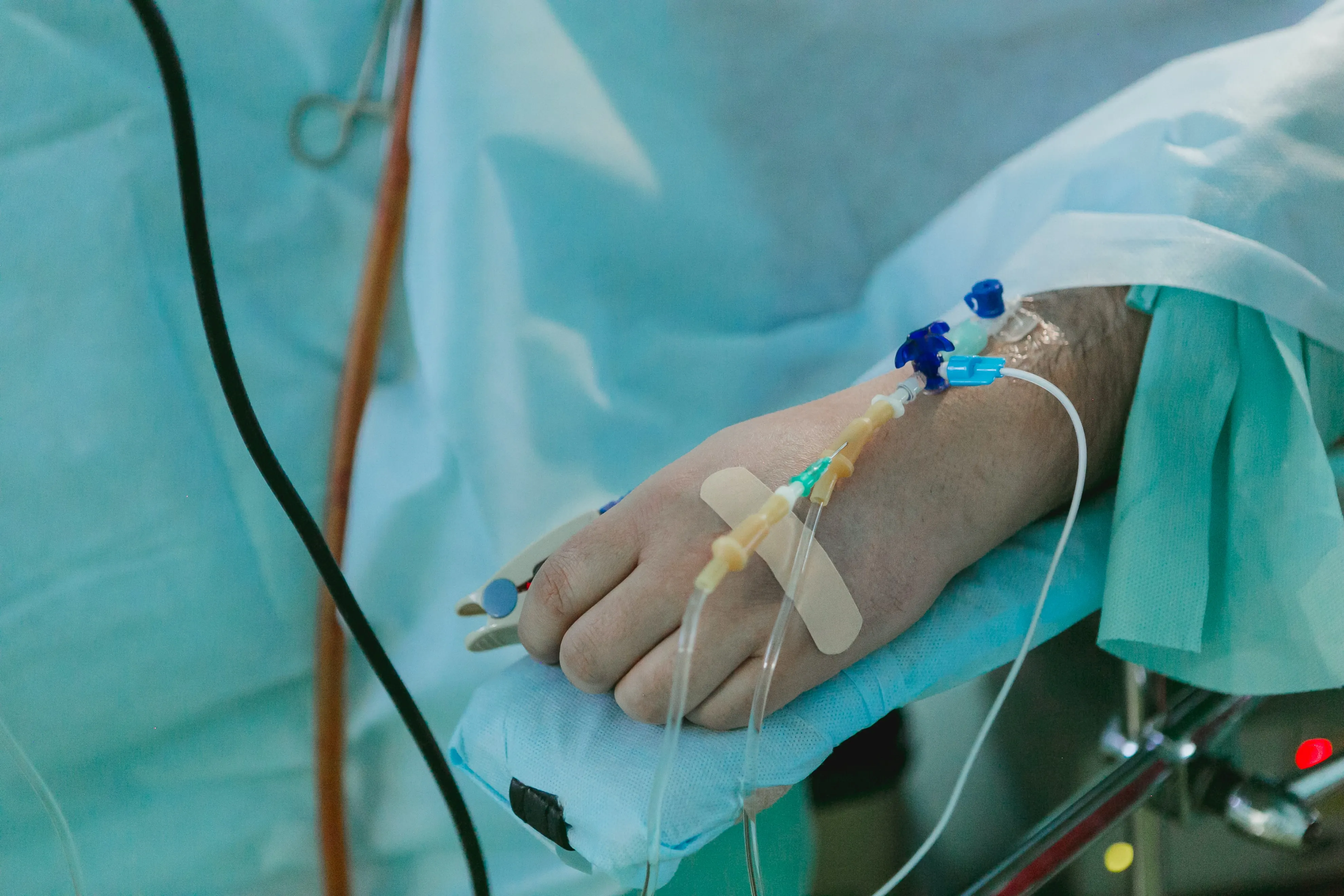
Post Hospitalisation Weakness
Although she was previously healthy and active, ZM became very ill and required an extended stay in ICU and hospital. She was discharged very weak, mostly bed bound because she had lost her confidence in her ability to stand and walk. ZM was assessed and found to have adequate strength to be able to manage a stand. She stood on our first visit. With consistent therapy, she gradually became strong enough to transfer herself and walk with an aid.
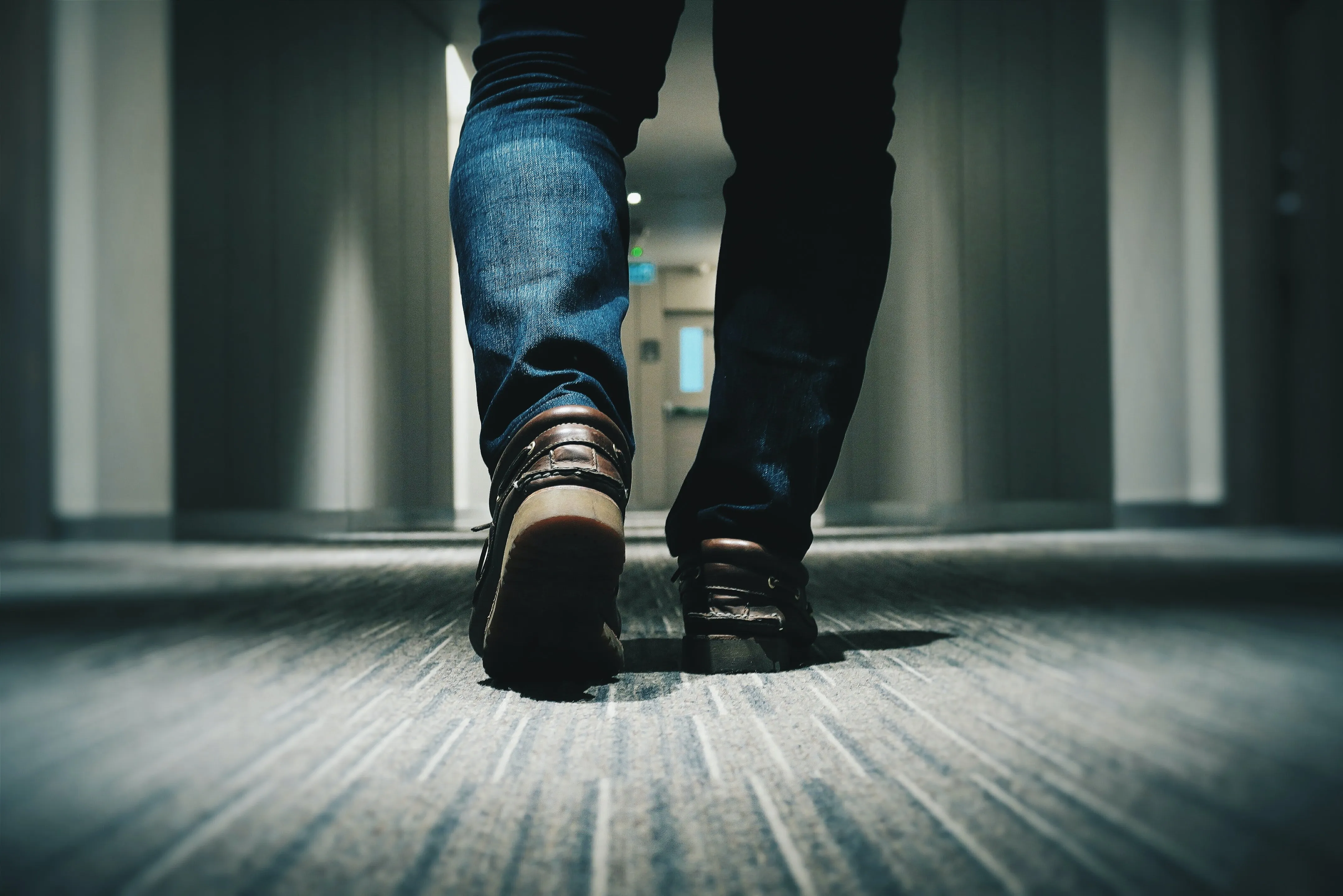
Stroke
VT is a 60 year old businessman who had suffered a mild stroke. He had left sided weakness, poor balance and was referred by another physiotherapist. VT started on an intensive course of physiotherapy to maximise stroke recovery. Despite some challenges, he remained consistent, determined and optimistic. His programme included strength, balance, coordination and gait retraining. He is now able to walk unaided.
Frequently Asked Questions
What is Physiotherapy?
Physiotherapy is a healthcare profession that helps people maximise their physical potential by improving their movement and overall function. It uses physical techniques to support, maintain and restore people's physical well-being, taking into account each person's individual health status. At its core, physiotherapy relies on the expertise and professional judgement of its practitioners. The profession is constantly striving to update its practices based on the latest scientific evidence and research, making sure that patients receive the best care possible.
Do I need a Doctor's Referral?
In Singapore, physiotherapists are first contact practitioners, so you do not need a doctor's referral. However, if you intend to make claims on your insurance policy for physiotherapy treatment, some insurance companies may require a doctor's referral for claims. So please check with your insurance company prior to making an appointment.
What are the benefits of Physiotherapy?
Pain relief: Physiotherapy can help reduce pain caused by various conditions such as chronic pain, arthritis, and sports injuries.
Improved mobility: Physiotherapy can help improve flexibility, range of motion, and overall mobility.
Better posture: Physiotherapy can help correct poor posture and prevent future problems.
Injury rehabilitation: Physiotherapy can aid in the rehabilitation of injuries such as sprains, strains, and broken bones.
Improved balance and coordination: Physiotherapy can help improve balance and coordination, reducing the risk of falls and injury.
Increased strength: Physiotherapy can help increase strength, especially in the muscles and joints affected by injury or illness.
Enhanced quality of life: By reducing pain, improving mobility and promoting overall physical function, physiotherapy can significantly enhance a person's quality of life.
Is Home Physiotherapy suitable for me?
Depending on your needs, home physiotherapy may be preferable to you for several reasons, including:
Convenience: Home physiotherapy allows patients to receive treatment in the comfort and privacy of your own home, without the need to travel to a clinic. This is also less stressful for the family/carer.
Flexibility: Physiotherapy at home can be scheduled at a time that is convenient for the patient, without the need to take time off work or arrange for expensive transportation.
Time saving: Home physiotherapy can save time, energy and money, as it eliminates the need for travelling time, expensive transportation costs and waiting time.
Personalized attention: Home therapy allows patients to receive one-on-one attention from their therapist, as there are no distractions or interruptions.
More focus on daily activities: By receiving treatment in the home environment, patients can practice therapy exercises in the context of their daily activities, promoting greater independence and functional improvement.
Comfort: Patients may feel more comfortable receiving therapy in their own home, which can reduce anxiety and promote relaxation, leading to a better therapeutic outcome.
Is Physiotherapy covered by my insurance?
This will depend on your insurance policy and coverage. Please check with your insurance company.
What equipment will I need?
After the initial assessment, we will inform you of the equipment you will require (eg. weights, bands, belts, aids). For hygiene reasons we do not bring personal equipment from patient to patient.
How long will I need Physiotherapy for?
The length of each session usually lasts between 45 and 60 minutes.
The number of sessions will depend on the condition and your presentation, but it can range from 1 session to several weeks or months
